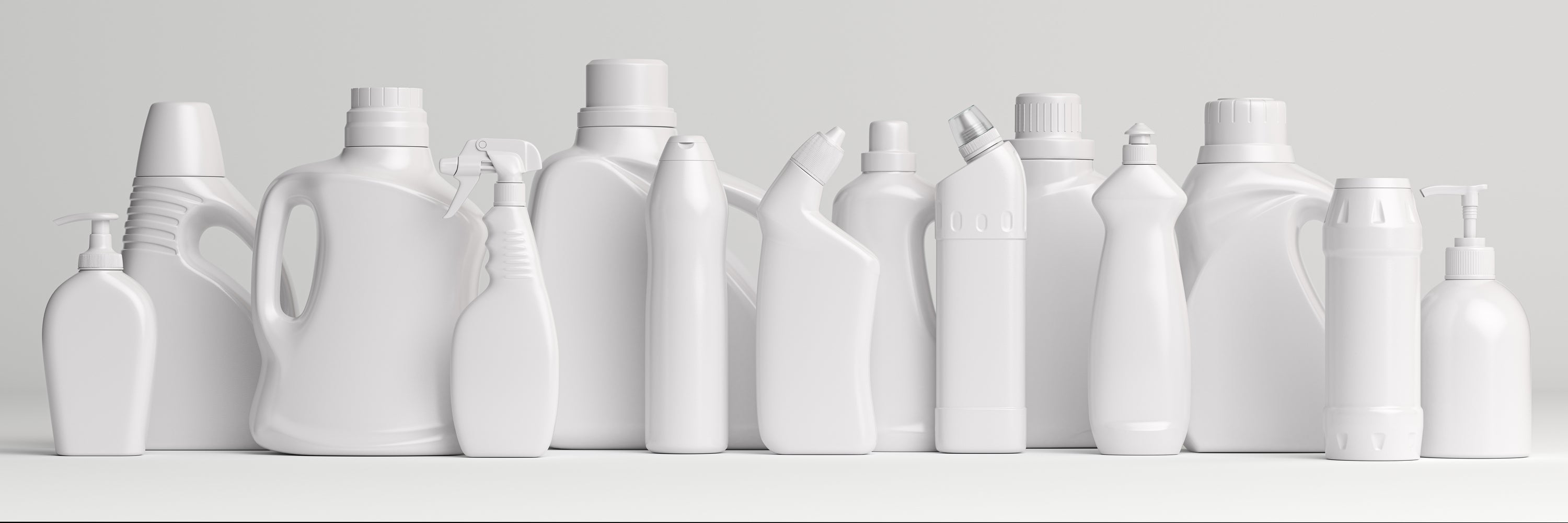Chemical in plastics linked to 100,000 premature deaths a year
Phthalates are a widely-used group of chemicals added to plastics to make them flexible

Your support helps us to tell the story
From reproductive rights to climate change to Big Tech, The Independent is on the ground when the story is developing. Whether it's investigating the financials of Elon Musk's pro-Trump PAC or producing our latest documentary, 'The A Word', which shines a light on the American women fighting for reproductive rights, we know how important it is to parse out the facts from the messaging.
At such a critical moment in US history, we need reporters on the ground. Your donation allows us to keep sending journalists to speak to both sides of the story.
The Independent is trusted by Americans across the entire political spectrum. And unlike many other quality news outlets, we choose not to lock Americans out of our reporting and analysis with paywalls. We believe quality journalism should be available to everyone, paid for by those who can afford it.
Your support makes all the difference.A synthetic group of chemicals used in hundreds of plastic products may be linked with more than 100,000 premature deaths in the US.
A new study led by researchers at New York University’s Grossman School of Medicine estimates phthalates may be associated with somewhere between 91,000 and 107,000 premature deaths among adults aged between 55 and 64.
The study, published in the journal Environmental Pollution, found those with higher levels of phthalates were more likely to die prematurely from any cause, but particularly from heart problems.
Phthalates are a group of chemicals added to plastics to make them flexible, and are used in cosmetics, detergents, food packing, soaps, shampoos and many other products.
The agency, however, notes assessing the potential health problems in humans related to phthalates has been difficult as people are exposed to multiple endocrine disruptors – chemicals that can interfere with endocrine (or hormonal) systems and can cause cancerous tumours, birth defects, and impact fertility.
The researchers concluded that while further studies are needed, regulatory action is urgently needed.
In 2019 high levels of phthalates were found in cheap children’s toys on sale for Christmas.
Nottingham City Council issued an alert over the unsafe toys, which may have been supplied across the UK.
The two dolls were found to contain high levels of phthalates – which have also been linked with long-term fertility problems.
Robert Chantry-Price, a senior officer at the Chartered Trading Standards Institute, told the BBC the discovery of high levels of phthalates in children’s toys was “frightening”.
“Phthalates are carcinogenic, mutagenic and can cause reproductive problems but, despite legislation to the contrary, significant amounts of these substances can be found in a wide range of toys and childcare products,” he added.
Join our commenting forum
Join thought-provoking conversations, follow other Independent readers and see their replies
Comments